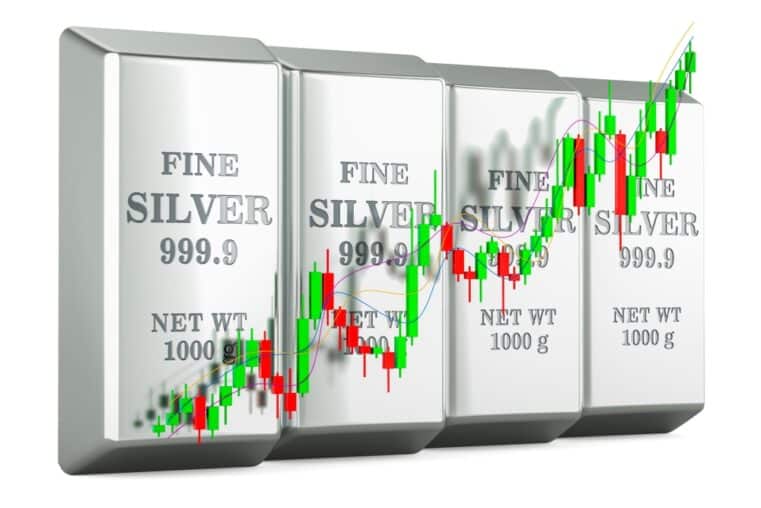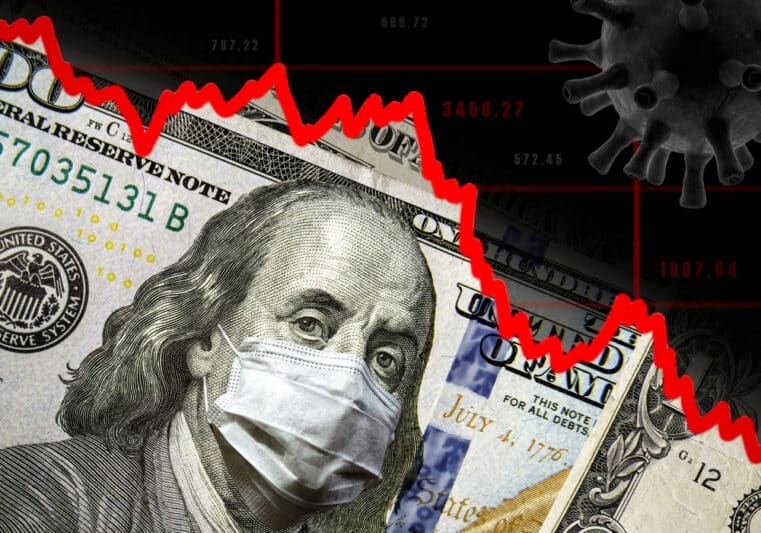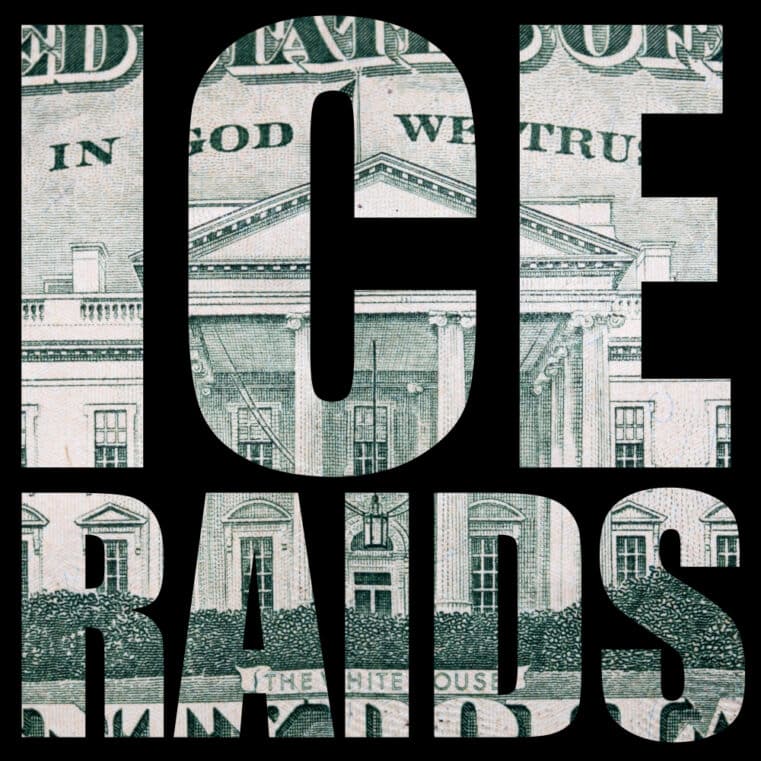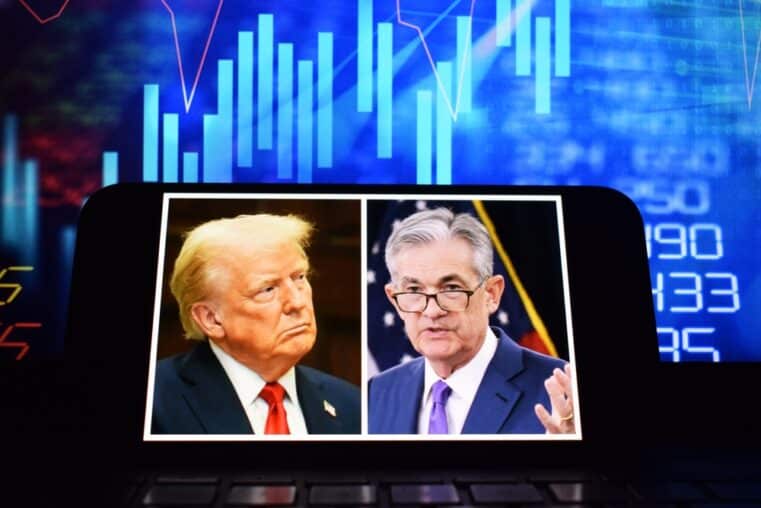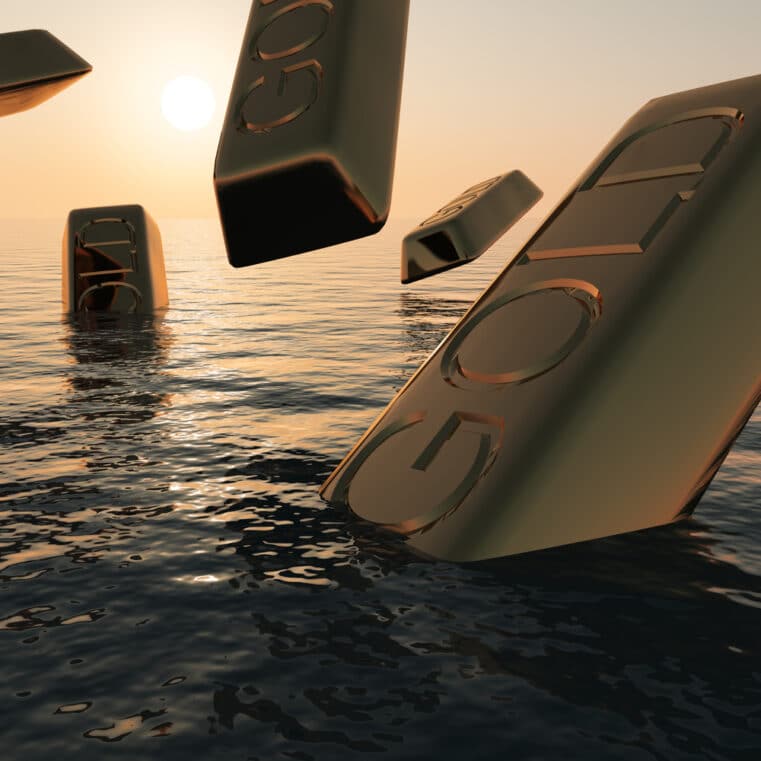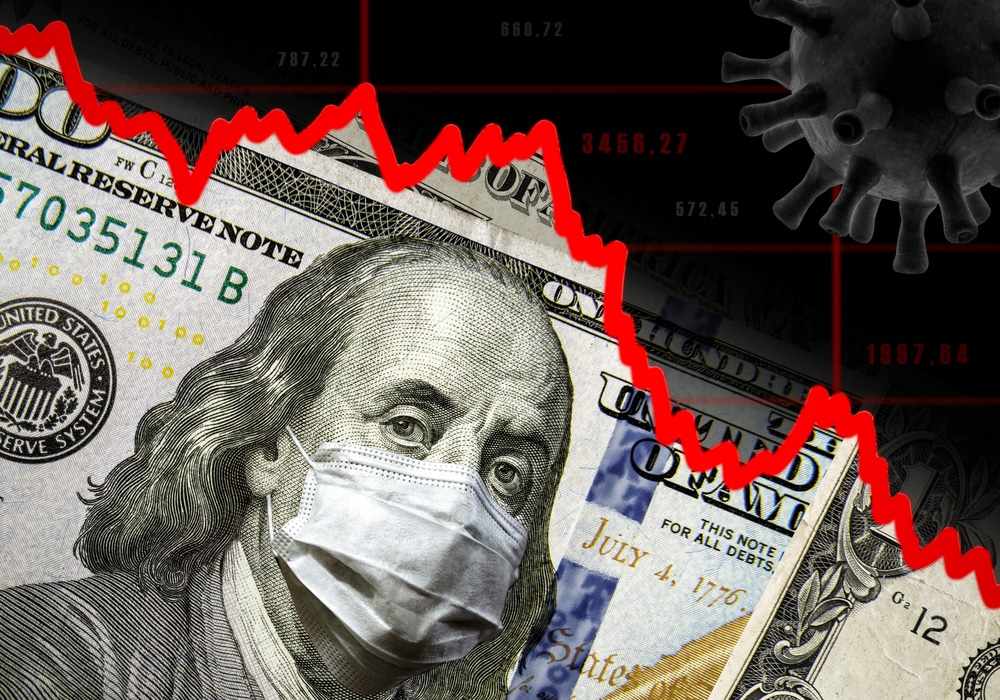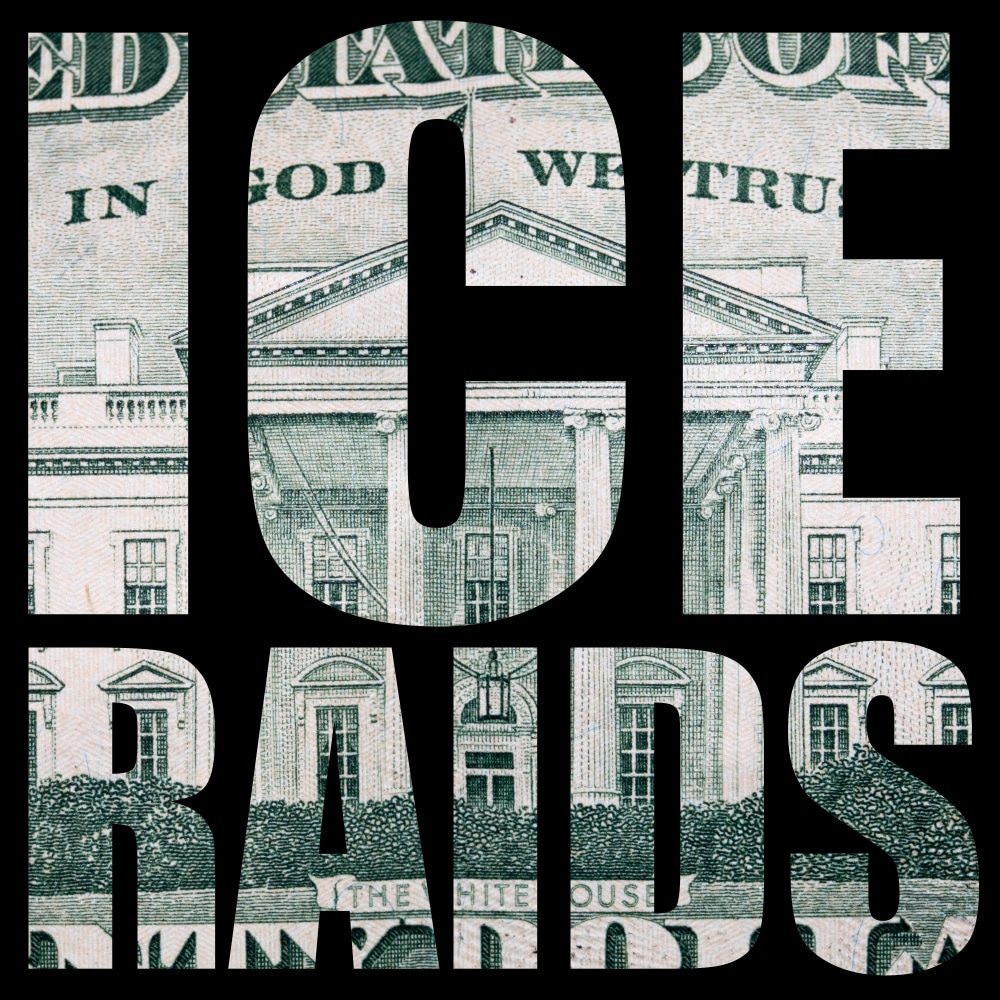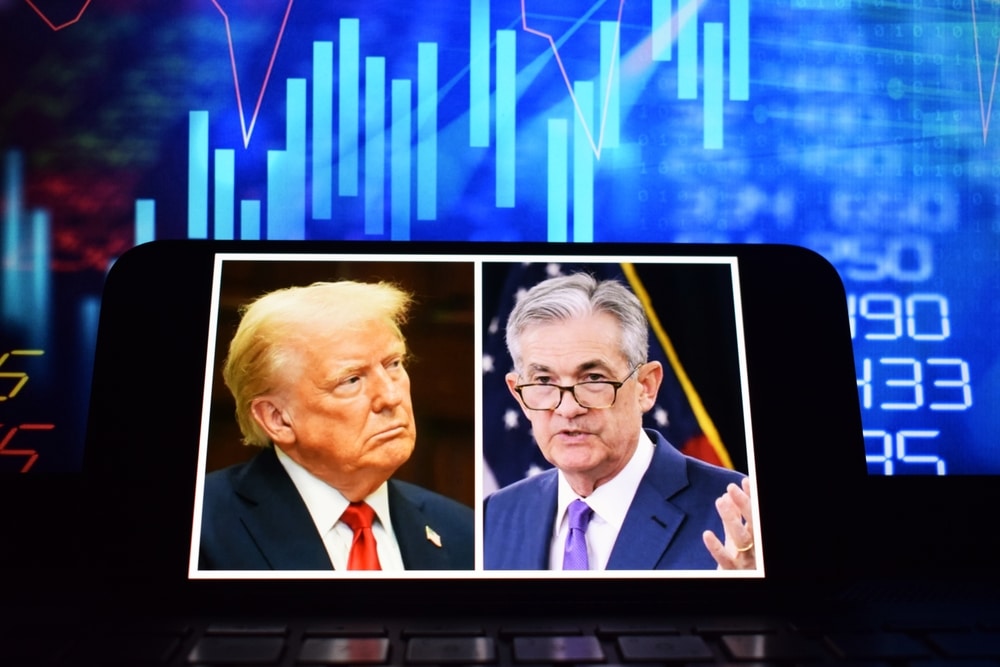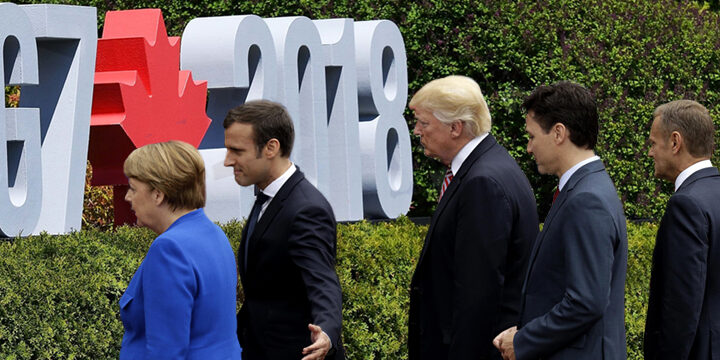
Trump’s Risky Wager and the Hidden Truth Behind the G7 Summit
Let’s talk about unfair trade, or what Trump calls “fools trade,” starting with countries that have the largest trade surplus with the US:
- China exports $375 Billion MORE than it imports from the US...
- Mexico exports $75 Billion MORE than it imports…
- Japan exports $69 Billion MORE than it imports…
- Germany exports $65 Billion MORE than it imports…
- Vietnam exports $38 Billion MORE than it imports…
- Ireland exports $38 Billion MORE than it imports…
- Italy exports $31 Billion MORE as well, and on and on.
For those critics accusing Trump of protectionist measures that may eventually hurt the US, it would be appropriate to point out that China, the EU, Japan, and Mexico have had even more protectionist measures against the US for some time!
If the G7 summit failed...it probably isn’t because of Trump or Trudeau or Macron or any of the leaders that participated.
It’s because the whole trading arrangement is screwed up, to begin with, and it’s stacked against the US. If you disagree, then just look at the facts and figures.
Over the last two decades, many countries across the globe have been subsidizing excess building and unnecessary production, confident that they can “dump” their excesses by exporting them to the US.
That’s certainly what’s been going on with excess steel and aluminum production.
Protectionist measures against the US increased between 2009 and 2016.
The US reasonably filed complaints with the World Trade Organization. The WTO did nothing.
In response to America’s widening trade deficit, Obama introduced one of the highest levels of protectionist measures; a fact that many have forgotten.
But with Trump’s arrival came the possibility of a real game changer; albeit a risky one.
Trump began by pressing tariffs on US trading partners.
They shot back with accusations of American protectionism and warnings of possible retaliation.
Of course, there’s truth to those accusations...but what matters, even more, are the “hidden truths” that are slowly being revealed by Trump’s move: little by little, we’re learning of all the hidden trade barriers that our “free trade” partners, China and the EU, have been imposing on us!
We’ve learned in as little as six months that these countries have been imposing a large number of trade barriers and tariffs that most Americans weren’t even aware of.
So the truth is slowly being revealed..., and accusations of US American protectionism isn’t at all one-sided.
Now, who is being unfair?
So can we say that Trump’s game is obvious--that he’s trying to get these countries to continue their exports while lowering their barriers on US goods...and perhaps dismantling the well-publicized misconception that they are operating fairly within a “free market” environment?
According to an article on Mises.Org:
“The German car manufacturers themselves have asked the European Union to reduce tariffs on US cars, the Chinese have agreed to reduce barriers to the imports of US agricultural and industrial products, and so on. Even the European Union recognized that the “Made In China 2025” plan, which the United States denounced, was a conscious objective of limiting foreign trade.”
So now almost every player’s hand has been revealed, and the G7’s “free-market” facade has been more or less shattered with Trump announcing that “they have taken advantage of the United States for decades,” calling for an end to their unfair trade practices.
There’s a possibility that the US may come out on top: US exports make up only 12% of GDP, and our foreign partners will benefit if they continue to the US. Besides, with China’s and the EU’s trade surplus, they cannot sustain growth unless they maintain this outlet.
But again, there’s a possibility that things can go very wrong. Trump’s tariffs can give US trade partners an excuse to impose even more tariffs, further escalating tensions.
As we saw in the most recent G7 summit, things did not go so well. Protectionism may protect the “state,” but it ultimately the citizens are the ones to suffer.
Trump knows this: his measures were likely meant to be a hard and temporary negotiating tactic.
But history has also shown that leaders would rather not negotiate if it meant losing face or losing control, especially if they can blame an external enemy--an external “evil”--rather than make concessions.
Such a risk is a real possibility. And if it is, the consequences, as we have covered before, can be ugly.
How might you protect yourself? Depending on which scenario might take place, hedge your wealth accordingly. If you would like a few suggestions on how to do this, request our Definitive Guide to a Self-Directed Retirement Portfolio.
Otherwise, get out of the securities that might be affected the most, go into some cash, buy precious metals; in short, diversify your investments.
But be smart. Should global trade relations continue to sour, should they escalate to a point at which every American’s wealth is at risk, you don’t want to be caught without Gold and Silver!



